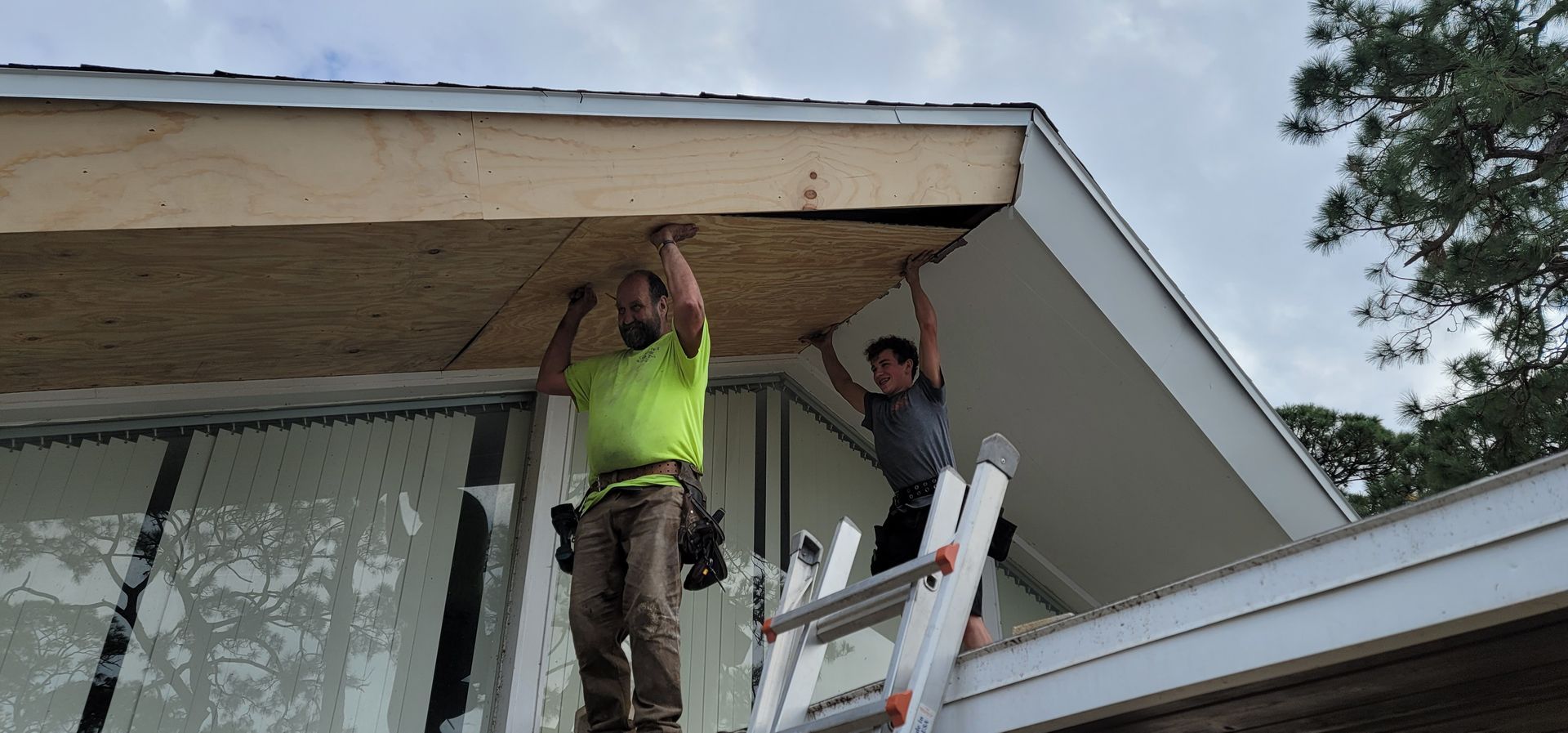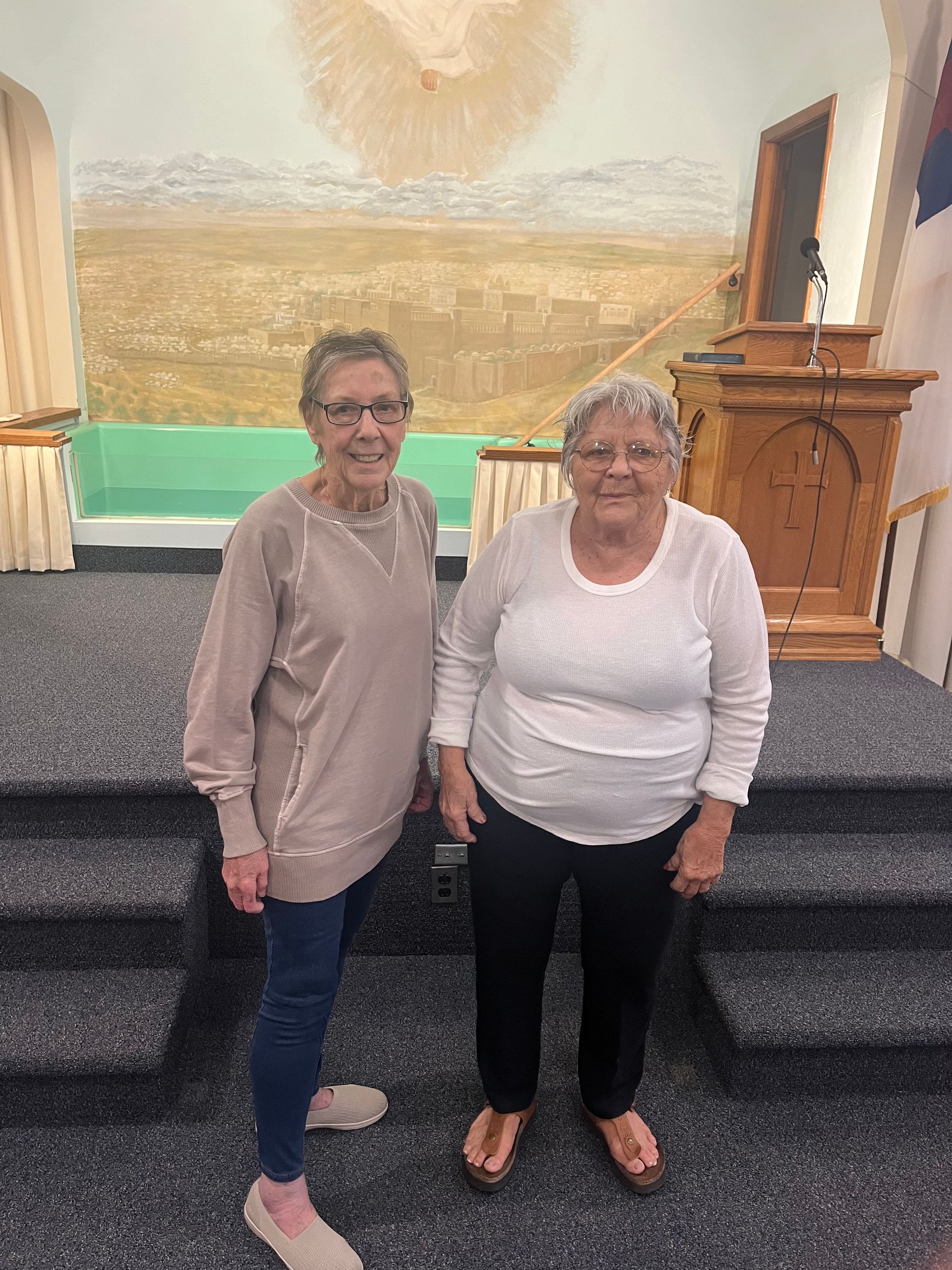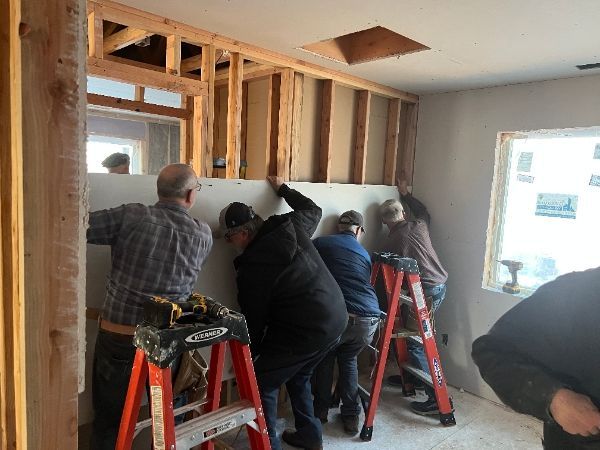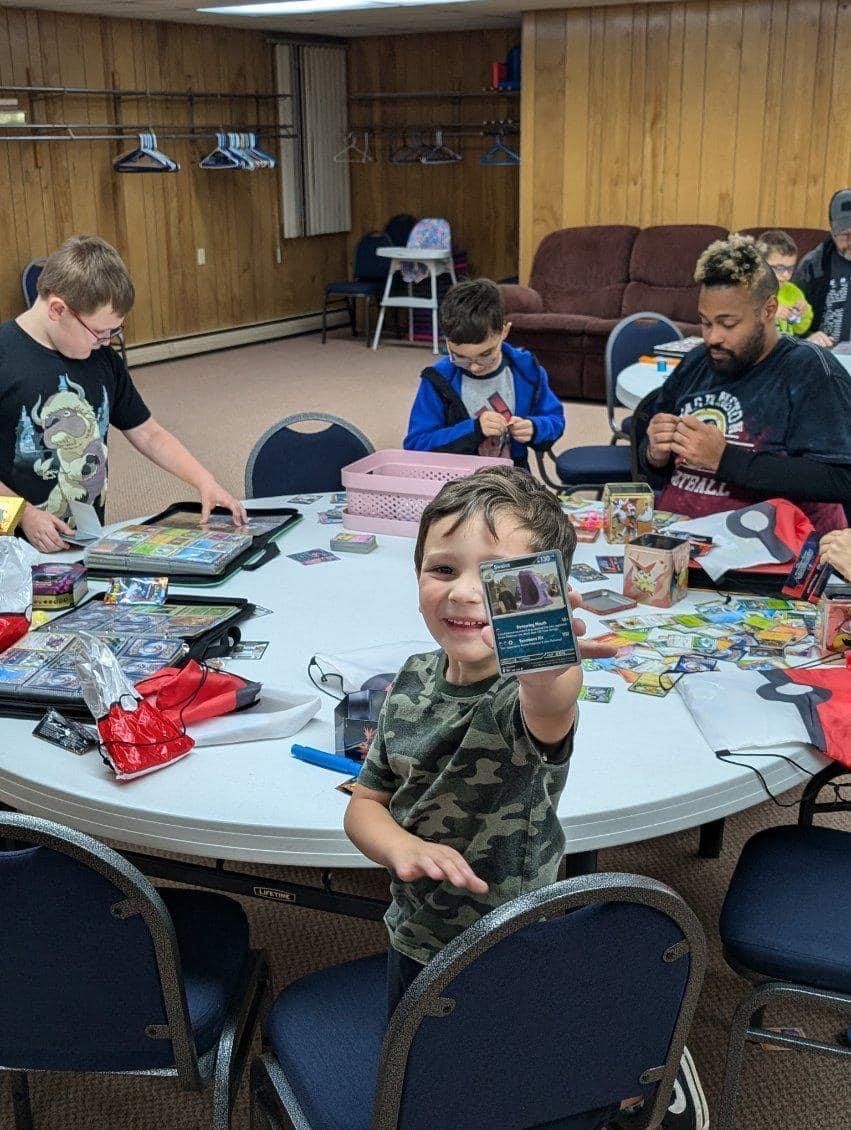You Are Our Letters
Over ten years ago, I was exercising at a local gym and spotted a person I had seen a few times at the church we had recently begun attending. There was something about her and her husband. Watching them at church, I had told my husband, Brandon, “Do you think they’d want to be our friends?” And then there she was, exercising in the same place. Our eyes met and we smiled at each other, kept exercising, caught each other’s eyes again, smiled, and kept jogging, lifted some free weights, spotted each other again. Finally, we both set out to stretch in the same place. Again, the smiling. Again, no talking. We each stretched in our separate spaces before finally leaving, never actually speaking to each other.
Over the next week, I stalked them. It seemed critical that we should meet. Brandon and I had recently moved to town and were desperate for people we might be able to hang out with. I soon learned that not only were they attending the same church as us, they also lived just down the road. Brandon and I went for a walk with our kids after work and slowed down in front of their yard, hopeful they’d be out. If I knew their names at this point, I might have looked them up on Facebook. I can’t remember now when we finally did meet—it could have been at work (because we worked at the same place), or at church the next Sunday, or at a college ministry meeting, or in their front yard—but eventually someone introduced us to them.
We did it, we achieved our mission.
I suppose that’s where it could have ended, in a shared laugh after church between two introverted women with two very extroverted husbands. We could say of each other, “Oh, I know who you’re talking about, they live down the street from us,” and that would’ve been just fine. The two of them may have interpreted our frequent laps around the neighborhood as truly suspicious activity, maybe called the cops, requested a restraining order, or at least for us to stay on our side of the street. Instead, they looked beyond our desperation to become friends, and we allowed each other into our respective lives.
Sometimes relationships feel like divine appointments, the Spirit in one person calling to the Spirit in another. There was a stretch of time when my children were young during which several of my closest friends would come over on Friday nights, and then sometimes other weeknights, and then sometimes we’d walk together in the afternoon or linger in each other’s front yards, and then we’d see each other for small group on Wednesday nights and again at church for worship on Sunday morning.
They were an integral part of my life. I was buoyed by these people. Our constant and casual collisions throughout the weeks and months and years created stability and sanity during monotonous toddler phases, family crises, career changes, and marital conflicts. Sometimes it was a word of encouragement or wisdom that was needed but mostly it was just presence, shared space, the steadying force of being known deeply and being accepted and loved anyway. I never knew if or when or that I needed a particular word of encouragement at a particular time, and yet, the word was spoken, the heart shared, the laughter lifted, because the space was made.
And then Brandon and I moved out of town. What had once been easy and regular became difficult, distant, and sporadic, maintained through walkie-talkie apps and social media reactions on each other’s posts. We managed nearly monthly get-togethers at a half-way point for a while, until our friends moved as well, across the country, and occasional in-person visits turned into vacation planning, time zone and budget constraints, an actual scheduling ordeal. Distance and what goes unspoken can cause misunderstandings and assumptions you might not make about circumstances if you still lived in close proximity.
In short, my friendships with these women have changed, leaving me feeling unmoored, the buoys that held me steady now just out of reach.
These days, I exchange long minutes of voice recorded monologues with my West Coast girlfriend every few weeks and find myself apologizing when I go on for more than 5 minutes. I feel like I’m rambling. I see other friends from that time at church and at gatherings, and we exchange joyful conversation and knowing glances, and then we’re off with the rest of our lives.
What happened to the hours of just hanging out? You can’t do that on a cell phone app. I miss the easiness of these friendships, the shared history, the “just dropped by,” and the “how ya doing,” without every word weighted or timed. It makes me sigh.
I’ve been thinking a lot about friendship. Near and far, new and old, there’s something special about philia, the love between friends. In The Four Loves, C.S. Lewis says, “Friendship is unnecessary, like philosophy, like art.... It has no survival value; rather it is one of those things which give value to survival.” The tether of friendship has kept me from many disasters. Elsewhere in the same book, Lewis calls friendship the “instrument by which God reveals to each of us the beauties of others.”
“In friendship...we think we have chosen our peers. In reality a few years' difference in the dates of our births, a few more miles between certain houses, the choice of one university instead of another...the accident of a topic being raised or not raised at a first meeting--any of these chances might have kept us apart. But, for a Christian, there are, strictly speaking, no chances. A secret master of ceremonies has been at work. Christ, who said to the disciples, ‘Ye have not chosen me, but I have chosen you,’ can truly say to every group of Christian friends, ‘Ye have not chosen one another but I have chosen you for one another.’”
I believe the magnetic magic of this place and this time is divine orchestration. But when this place and this time ends, what then?
The majority of the New Testament is composed of letters to real people with real problems who needed real encouragement and instruction. Before the letters were ever penned, Paul (and John, and Peter, and Timothy) spent long hours together with the people he greets in each by first name. They used to eat meals together. They probably discussed parenting strategies and lamented marriage struggles and navigated personality conflicts right alongside their debates about Christ’s Lordship and the need to be circumcised. Real-life relationships and friendships tackle these topics.
When Paul felt called by the Lord to do something more, something else, he left. He moved across town, across the country, across continents. That uprooting came with its own consequences, the same that accompany us as life seasons change. I wonder if Paul and the other disciples in the New Testament felt regret when they left, even knowing they were fulfilling the path set out before them.
It is difficult to maintain relationships across the miles. The new place can feel like a wilderness, the new role and neighborhood a misfit, the new people different, harder to know, not like us. I confess to feeling stuck in that wilderness a long time, nostalgic for the way things were, unwilling and unsure about how to find a way forward.
And yet that is what the Bible’s letters do, they find a way forward, embracing the new without ignoring what came before.
To the people in Philippi, Paul wrote, “I thank my God every time I remember you. In all my prayers for all of you, I always pray with joy...” Paul was grateful for people. So it’s probably good that I can see the fingerprints and comforting hands along the path behind me, whether they knew or were unaware what those moments meant to me.
“Recalling your tears, I long to see you,” wrote Paul to Timothy in 2 Timothy 1:3, “so that I may be filled with joy.” Paul missed people. So it’s probably fine that I miss people.
John writes in 2 John 1:12, “I have much to write to you, but I do not want to use paper and ink. Instead, I hope to visit you and talk with you face to face, so that our joy may be complete.” John longed to see people in person, even though he had another mode of communication, so it’s probably fine that I miss the easiness of “want to come over?”
Paul wrote in 2 Corinthians 3:2-3, “You yourselves are our letter, written on our hearts, known and read by everyone. You show that you are a letter from Christ, the result of our ministry, written not with ink but with the Spirit of the living God, not on tablets of stone but on tablets of human hearts.”
In our friendships far and near, we are each other’s letters. We are reminders that God is present because we are present. We become a letter from Christ when we reach out, when we tell each other, “I was just thinking about you; how are you?” We are written on each other’s hearts in our prayer requests and praises, our laughter and tears, our late-night games and book club discussions and movie watching. We are literal letters in voice mail messages and texts and Facebook memories, phone calls and random greeting cards.
As friends, we show each other Christ, we become reflections of the living God, when we love each other this way, so that the more we connect with each other along this journey, the more we draw each other closer to the mysterious and powerful and Loving Son of the Living God. Again, as C.S. Lewis said, “For a Christian, there are, strictly speaking, no chances…. Christ, who said to the disciples, ‘Ye have not chosen me, but I have chosen you,’ can truly say to every group of Christian friends, ‘Ye have not chosen one another but I have chosen you for one another.’”
Near and far, this is true. We are chosen for one another, each of us love letters from Christ to every heart. Let us go on meeting together. Let us go on supporting one another. Let us go on loving each other, through miles and minutes and new magnetic, magical moments, remembering and celebrating the harvest of inside jokes cultivated through years of walking alongside one another, while also paying attention to where the divine might be planting the first seed of awkward smiles across fitness centers, that first moment of, “What! You too? I thought I was the only one!” (That’s C.S. Lewis too.)
And maybe most important for me, let us keep making room and saving grace for one another, near and far, old and new, because love letters from any and every friend are treasures.













